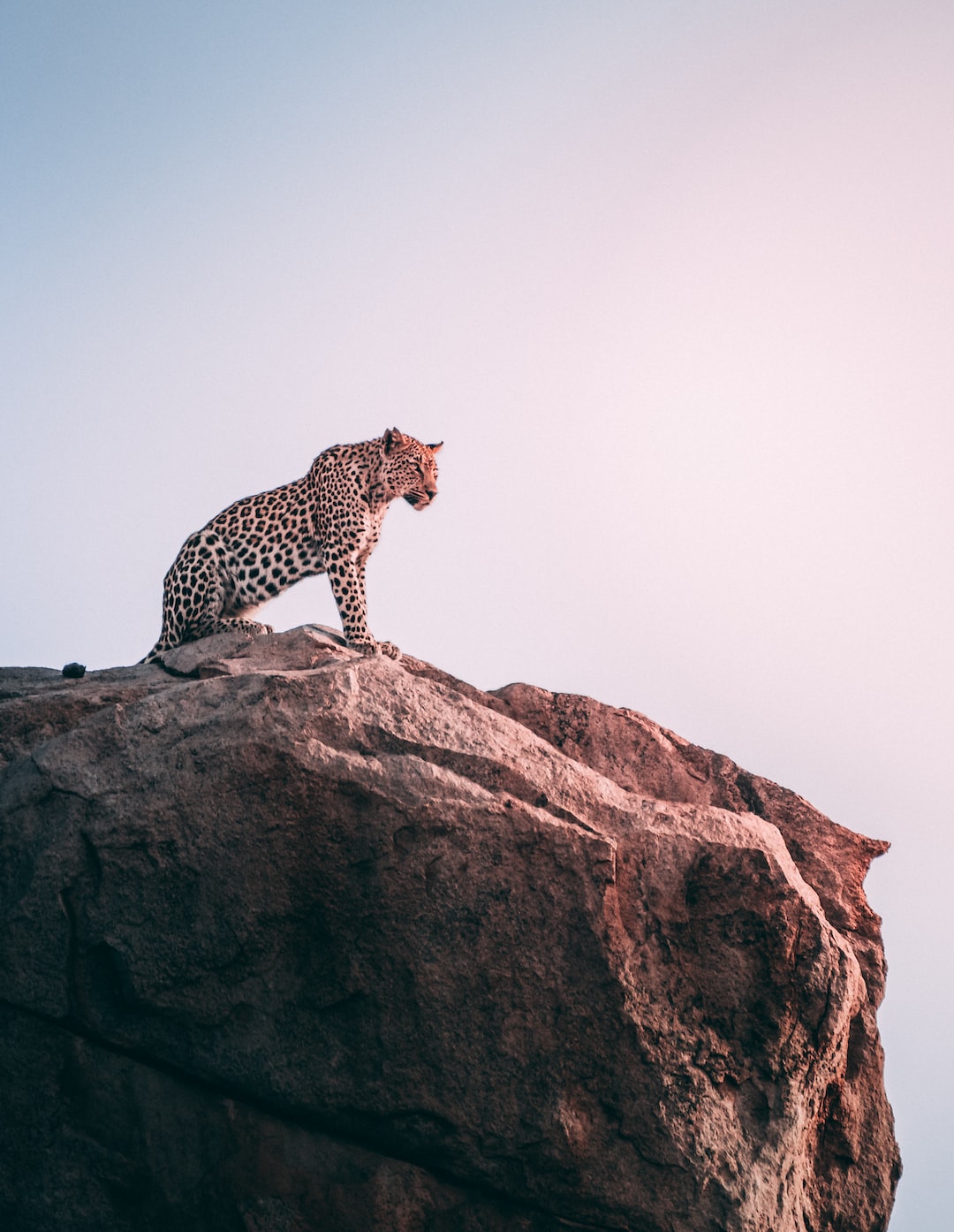The Delicate Eco-Balance: How Animals Play a Vital Role
Animals are an integral component of our planet’s delicate ecosystem. From the tiniest insects to the largest mammals, each species plays a crucial role in maintaining the balance of nature. The intricate web of interdependencies between animals and their environment allows for the sustainable existence of all life forms. Unfortunately, human activities have disrupted this harmonious equilibrium, leading to devastating consequences for both animals and the planet as a whole. In this blog post, we will explore the importance of animals in sustaining the delicate eco-balance and the pressing need to protect and conserve their habitats.
One vital contribution of animals to the eco-balance is their role as pollinators. Bees, butterflies, birds, and bats, among others, play a significant role in transferring pollen from one plant to another, enabling the reproduction of countless plant species. This pollination process is crucial for the production of fruits, vegetables, and seeds. Without animals to facilitate pollination, many plant species would cease to exist, leading to a dramatic reduction in our food supply and biodiversity.
Furthermore, animals act as natural pest control agents. Predatory species like birds, reptiles, and mammals help control the population of rodents, insects, and other pests that can wreak havoc on crops and transmit diseases. By keeping these populations in check, animals prevent agricultural losses and reduce the need for harmful chemical pesticides that can damage the environment and our health. In this sense, animals provide an invaluable service to farmers and contribute to sustainable and organic agricultural practices.
In addition to their roles as pollinators and pest controllers, animals also contribute to the health of ecosystems through the process of decomposition. Scavengers like vultures and beetles play a crucial role in breaking down dead animals and returning their nutrients to the environment. This decomposition process not only cleans up carcasses but also recycles nutrients, making them available to other organisms. Plants, for instance, rely on these recycled nutrients for growth, which in turn supports the entire food web. Without the contribution of animal decomposers, the accumulation of carcasses would lead to the spread of diseases and the waste of precious resources.
Moreover, animals are an essential part of the food chain, influencing the population dynamics of different species within an ecosystem. Herbivores, such as deer and rabbits, control the abundance of plant species, ensuring a healthy and diverse vegetation cover. In turn, carnivores regulate the population of herbivores, preventing overgrazing and maintaining a balance between predators and prey. This balance is crucial for the overall health and stability of the ecosystem. Disrupting this delicate web by eliminating animal species can lead to cascading effects, causing imbalances and ultimately jeopardizing the entire ecosystem’s resilience.
It is important to acknowledge that human activities, such as deforestation, habitat destruction, and pollution, have severely impacted animal populations and their habitats. As a result, many species are endangered or on the brink of extinction. This loss of biodiversity threatens the stability of ecosystems and the services they provide to humanity. Without animals, the delicate eco-balance collapses, leading to the degradation of ecosystems, reduced crop yields, and increased vulnerability to natural disasters.
To safeguard the delicate eco-balance and protect animal habitats, it is crucial to prioritize conservation efforts. This includes establishing protected areas, improving legislation against poaching and illegal wildlife trade, promoting sustainable land-use practices, and educating the public about the importance of wildlife conservation. Moreover, governments, organizations, and individuals should work together to address the root causes of habitat destruction and climate change, ensuring a sustainable future for both animals and humans.
In conclusion, animals play a vital role in maintaining the delicate eco-balance of our planet. They serve as pollinators, pest controllers, decomposers, and key components of the food chain, ensuring the sustainable existence of all life forms. However, human activities jeopardize this balance, leading to the loss of biodiversity, degradation of ecosystems, and adverse effects on the global environment. Protecting animal habitats and promoting wildlife conservation are essential steps towards safeguarding the delicate eco-balance and securing a sustainable future for all.

